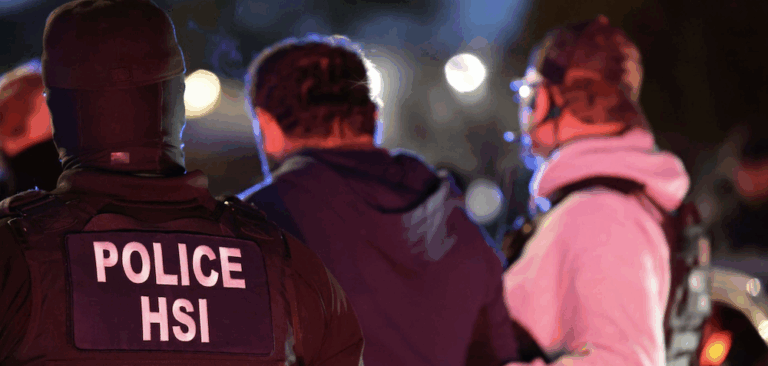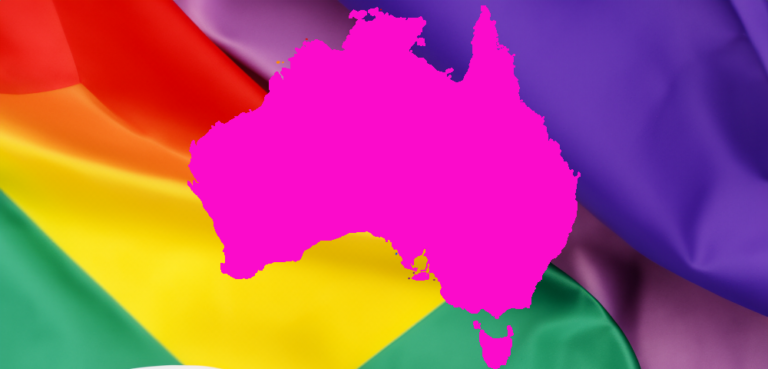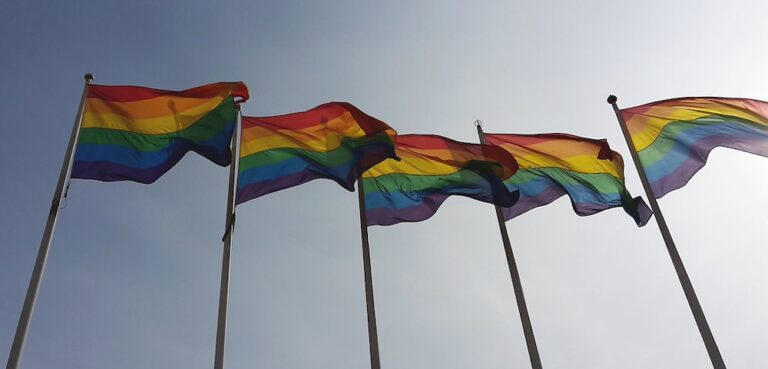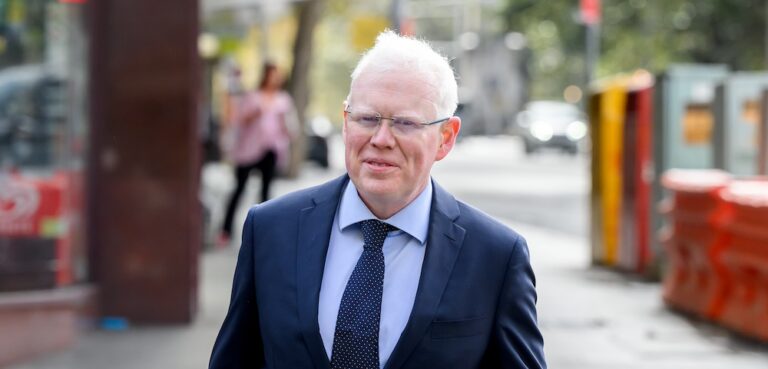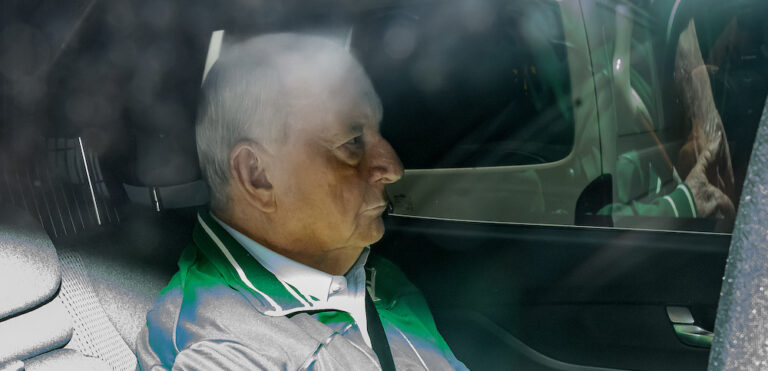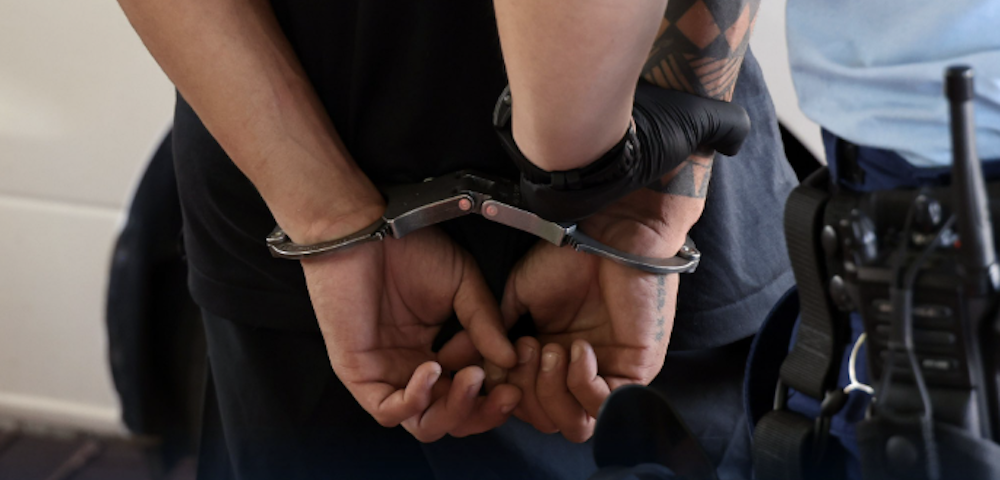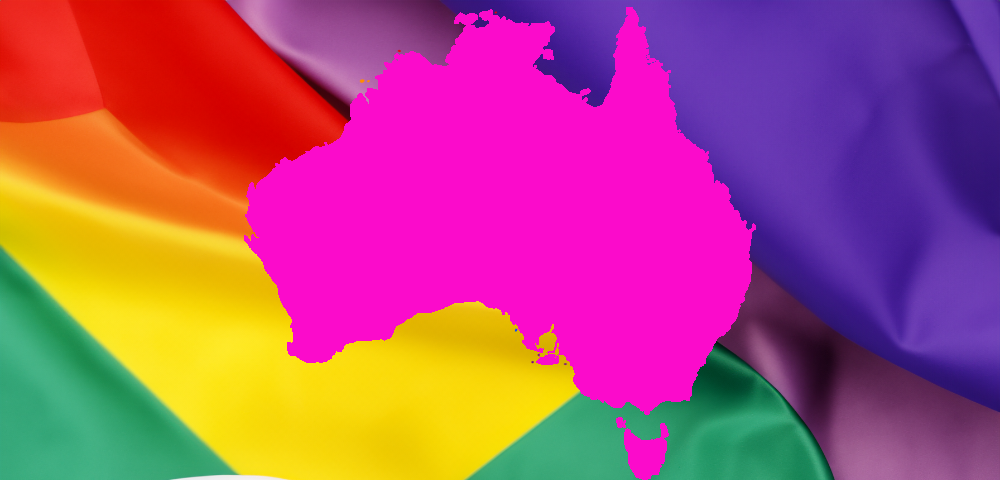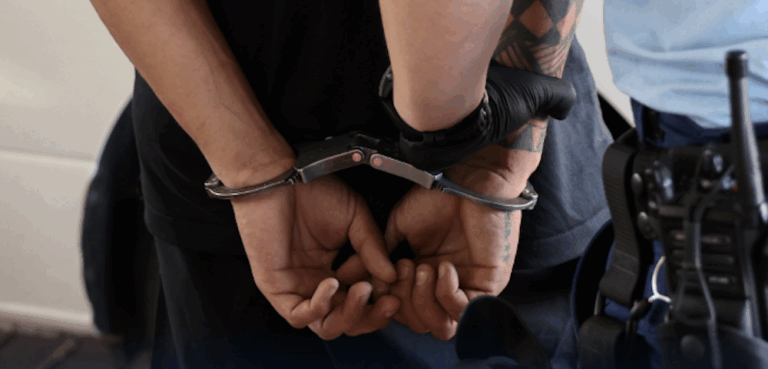
World’s Largest Survey On LGBTQIA+ Experiences of Sexual Violence Conducted By Aussie Uni
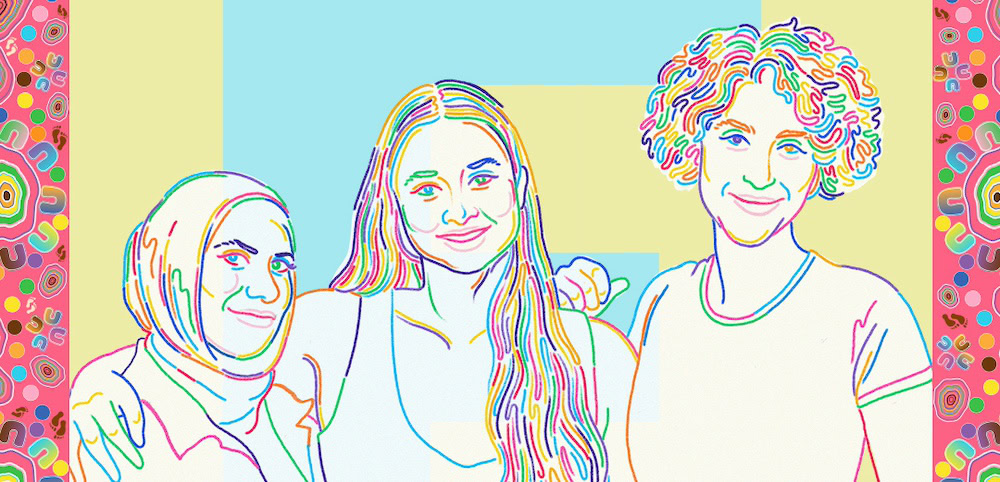
New research from UNSW is calling for more funding, support, and research in order to prevent and respond to incidents of sexual violence in LGBTQIA+ and Brotherboy and Sistergirl communities. Conducted by UNSW’s Gendered Violence Research Network, it is the largest survey of LGBTQIA+SB experiences of sexual violence undertaken in Australia or internationally.
Nearly 3200 participants, including 416 First Nations people, shared their experiences of sexual violence in their lifetime, addressing a significant gap in national and global knowledge about queer experiences of sexual violence.
76% of participants reported experiencing a form of sexual violence at some point in their life, and more than half of respondents (52%) said they had experienced both child sexual abuse and sexual assault as an adult.
Over 80% of perpetrators were identified as cisgender men, and almost one-third of perpetrators were a member of the LGBTIQA+SB community
Although the findings are not representative, meaning they can’t be applied to all LGBTQIA+SB Australians, they provide vital insight to a range of overlooked and under researched experiences.
“The findings are a wake-up call that efforts to prevent sexual violence and support victims and survivors need to have LGBTIQA+SB communities front of mind,” said Professor Michael Salter, lead chief investigator of the report.
“Our research provides a vital evidence base for governments, community organisations and services to take action on sexual violence for LGBTIQA+SB people.
“Across the spectrum of prevention, early intervention, response and recovery, the survey has identified opportunities to address the burden of sexual violence for LGBTIQA+SB people around the country.”
Survivors worried their experience of sexual violence “doesn’t count”
Many participants reported carrying the burden of sexual assault and harassment for a long time, with most survivors reporting they had been deeply affected by an incident that occurred more than five years ago or during childhood.
First Nations people, particularly trans women and trans men, reported higher rates and more severe victimisation.
Feelings of shame, embarrassment, and fear of blame were the key barriers faced by survivors when seeking help, and many questioned whether their experience would meet the threshold of sexual assault or violence.
The report makes 19 recommendations across the areas of prevention, early intervention, response, and recovery and healing, such as the incorporation of LGBTQIA+SB content into sexual consent and respectful relationships education in schools, and the development of resources that provide information about options available to those who disclose sexual violence.
Researchers also called for improved access to affordable and inclusive mental health care in the aftermath of sexual violence.
You are not alone. If you or someone you know has experienced sexual or family violence and needs support, you can contact:
- 1800RESPECT: 1800 737 732
- Lifeline: 13 11 14
- LGBTQ+ Rainbow Sexual, Domestic & Family Violence Service Help Line: 1800 385 578
- NSW Mental Health Access Line: 1800 011 511
- Alan Beyond Blue: 1300 224 636
- Suicide Call Back Service: 1300 659 467
- Mensline 1300789978
- Alcohol and Drug Information Service: 1800 250 015
- QLife (3pm to midnight): 1800 184 527
- 13YARN (Aboriginal and Torres Strait Islander line) – 13 92 76
